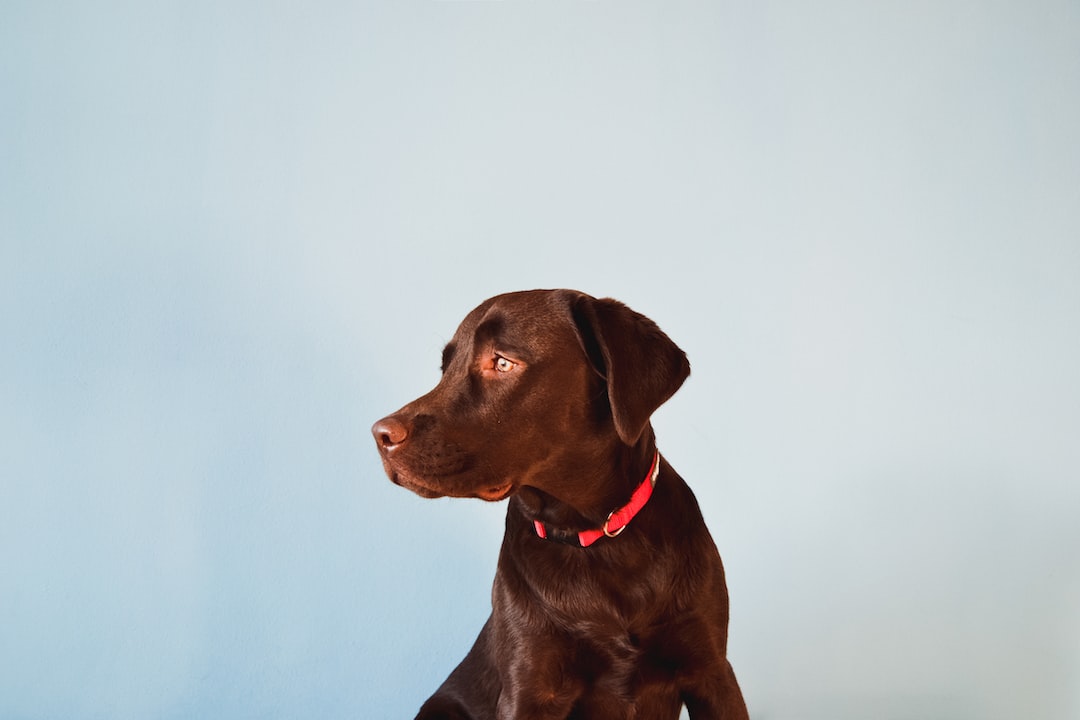Grains vs. Grain-Free Diets: Debunking Myths About Pet Nutrition
When it comes to pet nutrition, there has been a recent surge in popularity for grain-free diets. Pet owners are often bombarded with conflicting information and myths, making it difficult to make informed decisions about their pet’s diet. In this article, we will debunk some common myths surrounding grains and grain-free diets, shedding light on what is truly best for your furry friend.
Myth 1: Grains are responsible for allergies in pets
One of the most prominent arguments supporting grain-free diets is the belief that grains cause allergies in pets. However, studies have shown that this claim is unsupported. In fact, the most common allergens affecting pets are proteins, such as beef, dairy, and chicken. While it is true that some pets may have grain allergies, it is a relatively small percentage. Eliminating grains from a pet’s diet does not guarantee that allergies will disappear. Instead, it is recommended to consult with a veterinarian to determine the specific allergen affecting your pet.
Myth 2: Grain-free diets are more nutritious
Grain-free diets are often marketed as being more nutritious and closer to a pet’s ancestral diet. However, this claim is not entirely accurate. Grains, such as corn, rice, and oats, can provide essential nutrients and carbohydrates in a pet’s diet. They can be a valuable source of energy for active pets. What matters most is not the presence or absence of grains, but the overall quality of the ingredients. It is essential to look for balanced and nutritionally complete pet food that meets your pet’s specific needs, regardless of whether it contains grains or not.
Myth 3: Grain-free diets are better for weight management
Many pet owners believe that grain-free diets can help with weight management. While it is true that reducing carbohydrate intake can be beneficial for some pets, it should not be the sole focus of weight management. The emphasis should be on the overall caloric content and balance of nutrients in the diet. A grain-free diet that is high in fat or calories may not be the best choice for weight management. It is important to consider your pet’s individual needs, consult with a veterinarian, and choose a diet that supports a healthy weight.
Myth 4: Grain-free diets are best for every pet
Grain-free diets have gained popularity, leading many pet owners to believe that they are the best choice for every pet. However, this is simply not true. Each pet has unique nutritional requirements based on factors such as age, breed, activity level, and underlying health conditions. Grain-free diets may be suitable for certain pets with specific dietary needs, such as those with grain allergies or sensitivities. However, for the average pet without specific dietary issues, a diet that includes grains can be perfectly healthy and beneficial.
In conclusion, it is important to differentiate between facts and myths when it comes to pet nutrition, specifically relating to grains and grain-free diets. While grain-free diets can be suitable for some pets with specific needs, it is not a one-size-fits-all solution. Providing a balanced and nutritionally complete diet, regardless of whether it includes grains, is essential for your pet’s health and well-being. Consulting with a veterinarian before making any dietary changes is paramount to ensure your pet’s nutritional needs are adequately met. Remember, what matters most is providing your furry friend with a diet that supports their individual requirements and promotes optimal health.
